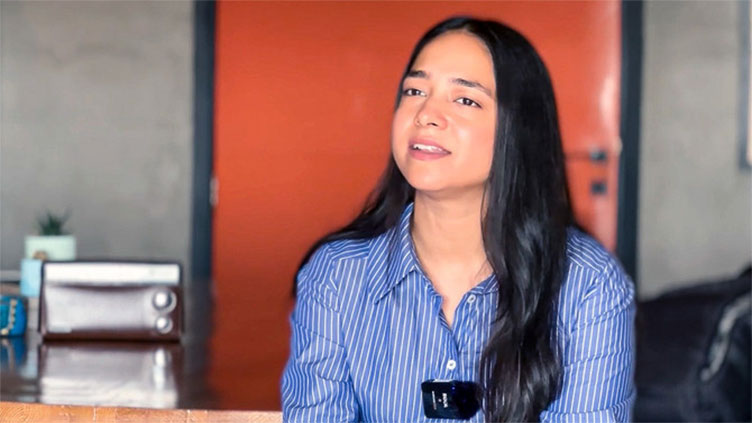Pakistani film on displacement eyes prize at Red Sea Film Festival in Jeddah

Entertainment
The short film focuses on a grief-stricken woman searching for her husband in a shelter
KARACHI (Web Desk) - Pakistani actress Amtul Baweja, who plays the lead role in the short film ‘Solatia,’ said she is “very excited” that the project has gained entry into the Red Sea Film Festival scheduled to begin in Jeddah next month.
Solatia is one of only two Pakistani short films, out of a total of 14 entries, in the Red Sea: Shorts Competition at the festival’s third edition set to take place from Nov 30 to Dec 9.
The Pakistani short film, directed by a woman filmmaker and co-produced by another, will compete with entries from Germany, Indonesia, the US, Iran, and South Africa at the festival.
“I’m very, very excited, because it happens to be our first submission,” Baweja told Arab News. “And of course, getting selected on your first submission is, I think, a win in itself.”
Baweja described the festival as one of the most prestigious ones in the world, adding that a win for the short film would be “unbelievable.”
Solatia is a female-led drama directed by Pakistani filmmaker Hira Yousafzai and co-produced by Hirra Farooqi. It focuses on the main character Zamda, essayed by Baweja, who lives in a shelter with other displaced persons. Zamda, in despair, spends her time looking through old photos of her missing husband as she longs for his company.
Despite losing everything, Zamda is a strong character, Baweja said.
“You can see from the start that Zamda is a very, very strong woman,” Baweja explained. “She’s not afraid to stand up for what’s right.”
Farooqi, who said the themes of love, loss, resilience and hope were deliberately included in the film, especially in the context of displacement.
She explained that in most films, women were shown to be waiting for ”a significant other” or their partner to save them.
“Zamda is compelling and different in this context,” Farooqi explained.
“She is looking for her husband, she is the one who was asking for answers and demanding them.”
Farooqi, a first-generation Canadian immigrant who has Afghan-Pakistani parents, said displaced people are merely looked at as numbers and often not humanized.
“We wanted to humanize their stories by tying in these themes of hope, love, loss, resilience, through the characters and through the compassion that they feel for one another,” she said.
Baweja said she was drawn to the project not only because of its compelling narrative but also because it was directed and produced by women.
“As soon as I read the script, I was like, ‘Okay, I need to do this, I need to make this happen.
I want to do this.’ And I think wherever this film will be played, people will relate to it,” she added.
For Baweja, the Red Sea Film Festival will also provide an opportunity to meet and interact with filmmakers and artists from the kingdom and other parts of the world.


